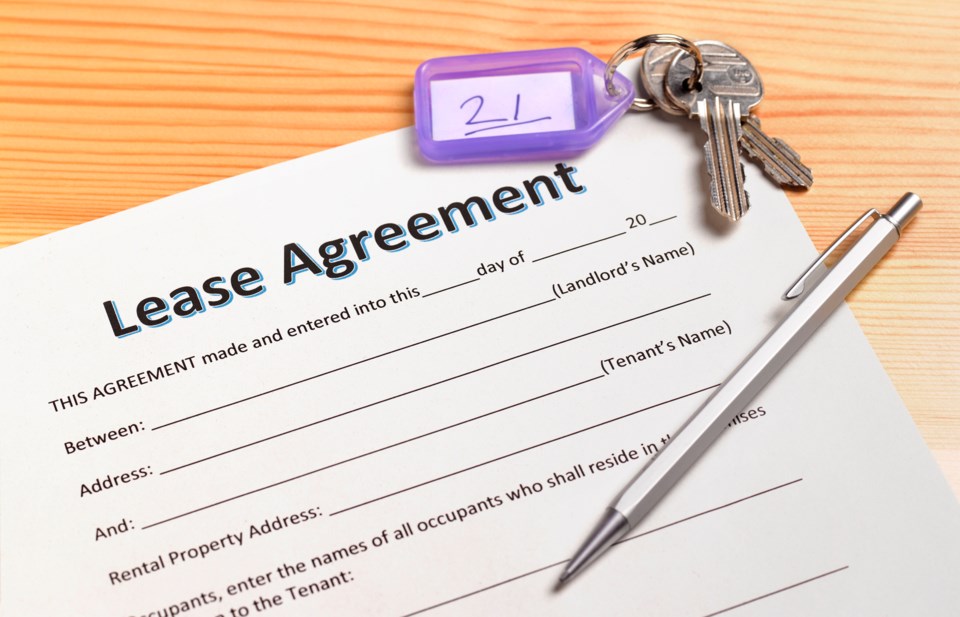Finding a room for rent in Â鶹´«Ã½Ó³»for under $1,000, that isn't a solarium or part of someone's living room with cubicle walls, is a lot like finding a unicorn. So imagine the delight of a would-be renter to stumble across this Facebook Marketplace listing for a in Kerrisdale for $950--that is until they scroll down a little further and read the fine print.
The post lists a series of fees in addition to rent that actually bumps the rent up to $1,180/month, including an $80 cleaning fee. A professional company reportedly comes every month to clean the common areas, kitchen and bathroom.
Additionally, utilities are $150 a month and are listed as "water, gas, electricity, sewage, disposal, internet." If two of those seem out of the ordinary, it's because they are.
However, they are lawful.
What kind of fees, expenses can landlords pass on to their renters?
According to criminal lawyer Kyla Lee, all the fees listed are perfectly legal.
The sewage charge may be because the house is not on a city sewer but uses a septic system, she explains.
The same goes for the disposal fee. "Garbage disposal fees are also permitted because they are expenses," she says. "For lots of major apartments garbage collection is not done by the city but by trucks that have to be contracted privately."
Landlords are also able to charge for things like common area cleaning and it effectively forms part of the rent (even if it is indexed as a separate fee). "Usually, these fees are clear from the start when you apply for a tenancy," adds Lee.
In the case of this listing, all additional fees are clearly outlined before a tenancy agreement is even signed. However, if a landlord wants to eliminate free cleaning of common areas or free garbage pickup, for example, that would change a service under the lease and could give rise to a breach of the Residential Tenancy Act depending on notice or the circumstances.
Know your rights as a tenant
(RTA) and (RTR) lay out the fees that landlords can and cannot charge. For instance, Section 15 of the RTA and Section 5 of the RTR say that landlords cannot charge guest fees, application or processing fees, or replacement key fees if they are the ones to change the locks.
They may pass on service fees incurred from bad rental payment cheques or change pre-agreed-upon fees if a new roommate moves in, but that would need to be in the rental agreement to begin with.
Robert Patterson, a legal advocate and lawyer at the Tenant Resource and Advisory Centre (TRAC), says that when fees are not explicitly listed in the RTA and RTR they enter a kind of grey area.
As a rule, he says, if it looks unfair or falls into the realm of "unconscionable" (unreasonable and excessive) then there may be grounds to challenge it and he advises that a tenant seek legal advice.
What is considered to be fair and right in one tenancy may not be true for another, he explains. For instance, cleaning fees are generally considered acceptable by the Residential Tenancy Branch (RTB)—and as Lee says, are lawful—but it depends on the wording of the agreement.
Disability and personal circumstances are also considerations that RTB arbitrators take into account when issuing their decisions in landlord-tenant disputes.



